Today’s grammar point is ~ようなきがする. 気がする alone already means “to have a hunch that…” but by adding ~ような, it gives the feeling that the hunch is not as strong.
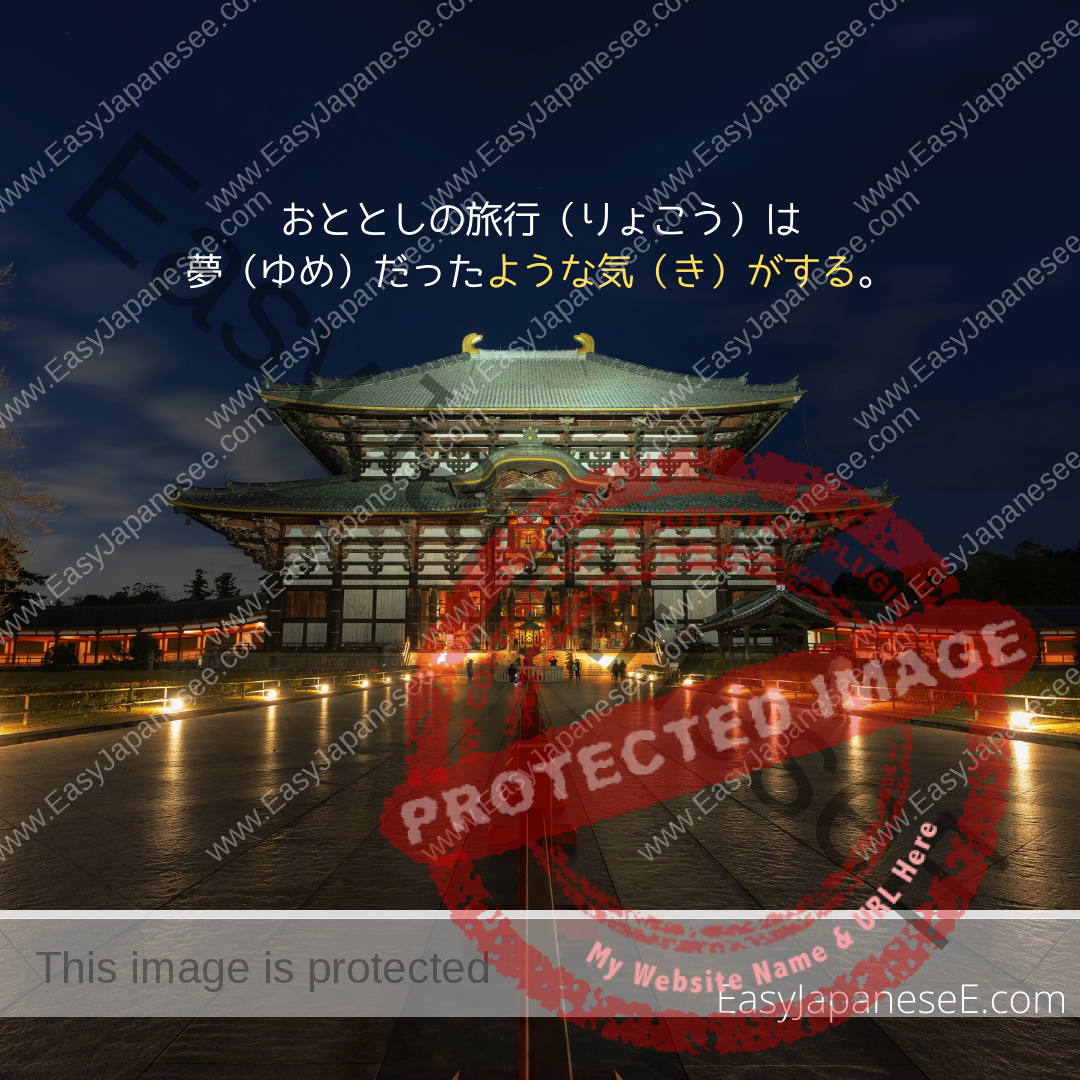

Today’s grammar point is ~ようなきがする. 気がする alone already means “to have a hunch that…” but by adding ~ような, it gives the feeling that the hunch is not as strong.

Today’s grammar point is ~ようでもあり…, which is used in an ambivalent situation. I can be rephrased as ~ようでもあるし… or in a conversation, ~ような…ような can be used.

Today’s grammar point is ~ようがない. ~ようがない means “there is no way ~” which is an expression to emphasise something is impossible.

Today’s Grammar point is ~やら…やら, which is a casual/conversational version of ~や…や which is used to give examples. やら being used once is a different expression

Today’s grammar point is ~べつに/~べつで/~べつの/~べつ. This べつ follows a noun only and means “classified by ~.” Check examples here.

Today’s grammar point is ~べきだった/~べきじゃなかった, the past tense of ~べきだ/~べきじゃない. ~べきだった/~べきじゃなかった is very similar to …

Today’s grammar point is ~べき equivalent of the English auxiliary verb “should.” べき only follows a dictionary form verb and …

Today’s grammar point is ~ふりをする. ふり here means “make-believe” or “simulation”, so ふりをする means “to pretend.” Check examples here.
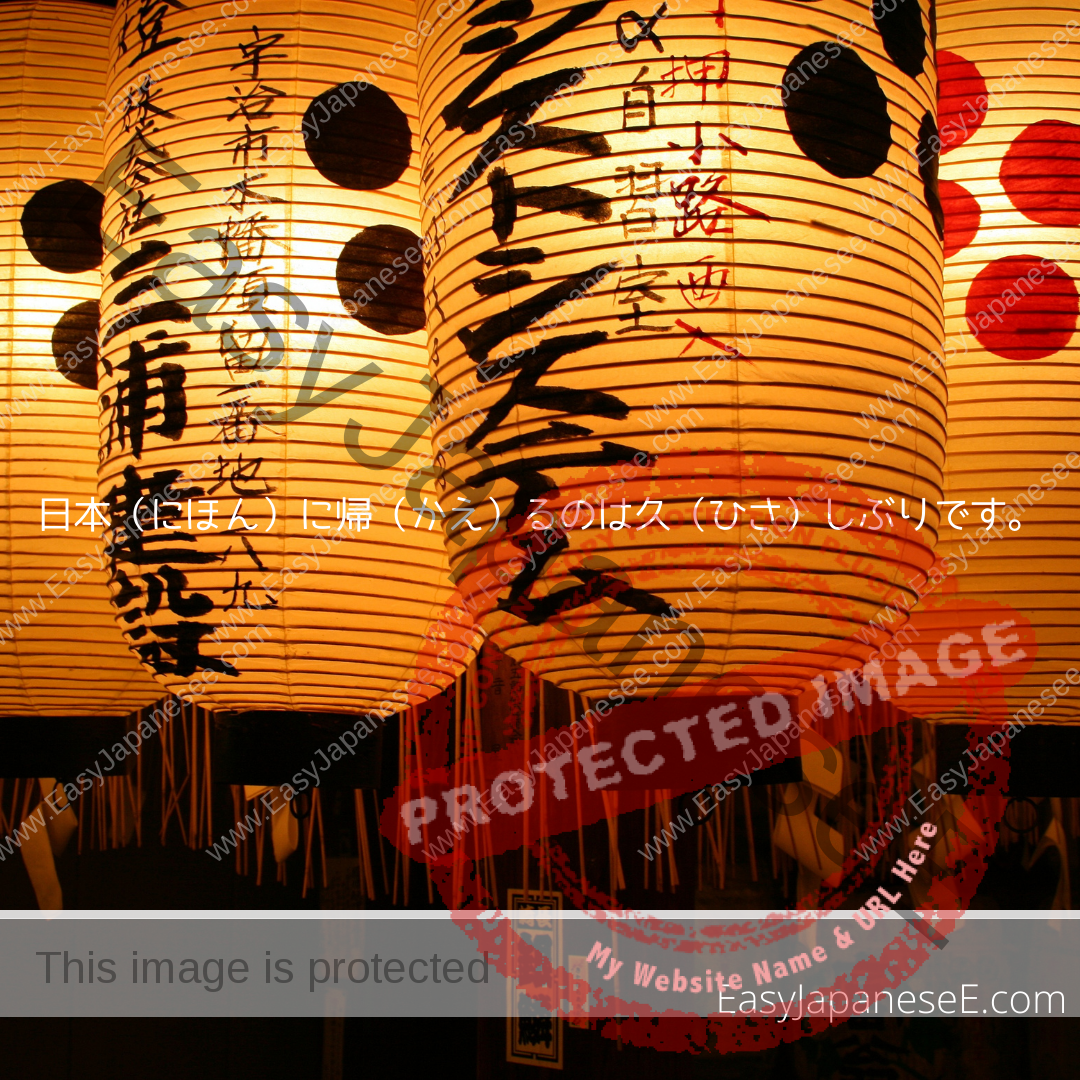
Today’s grammar point is ~ぶり. This ぶり follows a phrase that describes the length of time and means “for the first time in ~.”
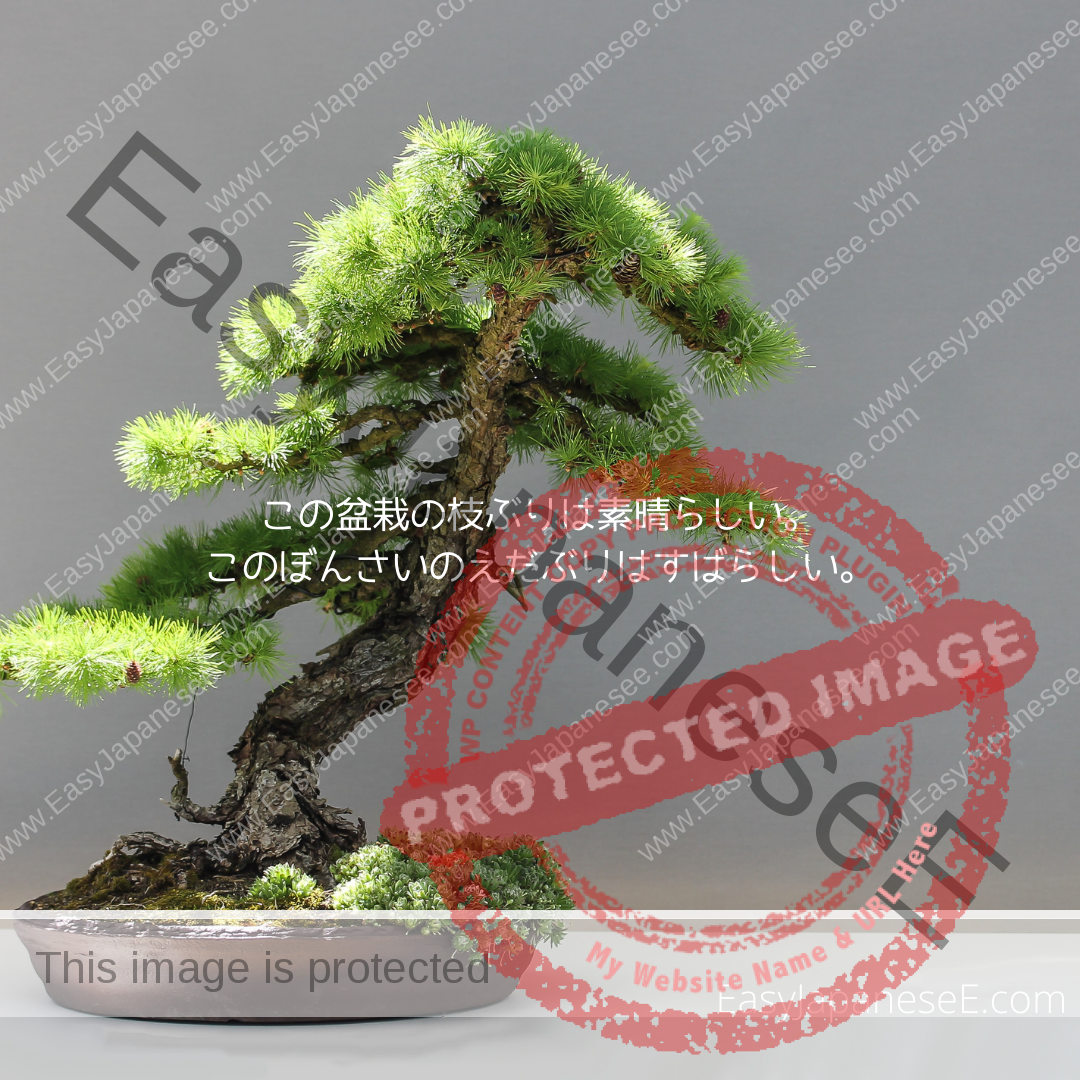
Today’s post is about the suffix ~ぶり/~っぷり. It connects to a noun or a verb stem and describes the way things are or how something is done.
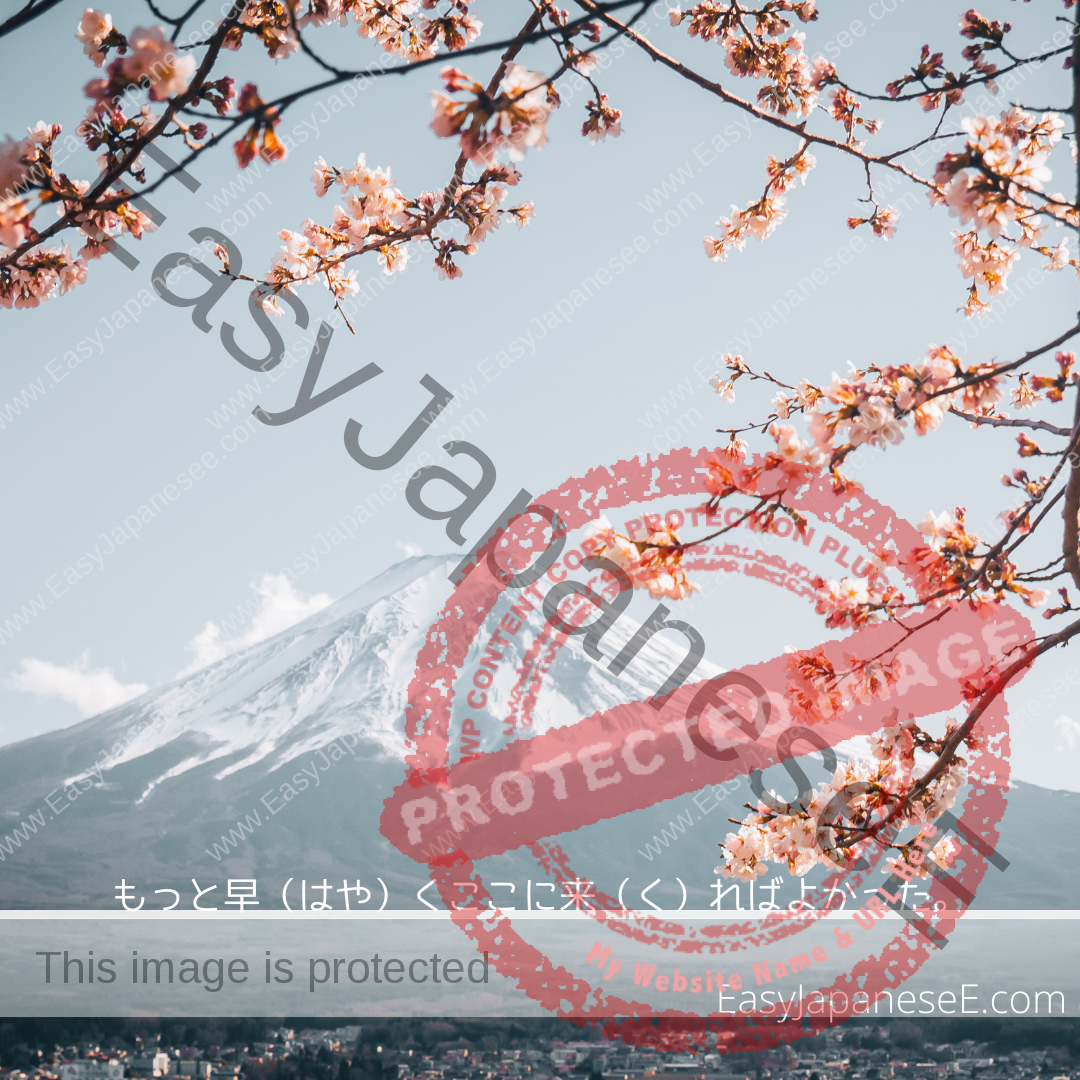
Today’s grammar point is ~ばよかった/~なければよかった which is an expression to state a regret, “I should have ~” or “I shouldn’t have ~.”
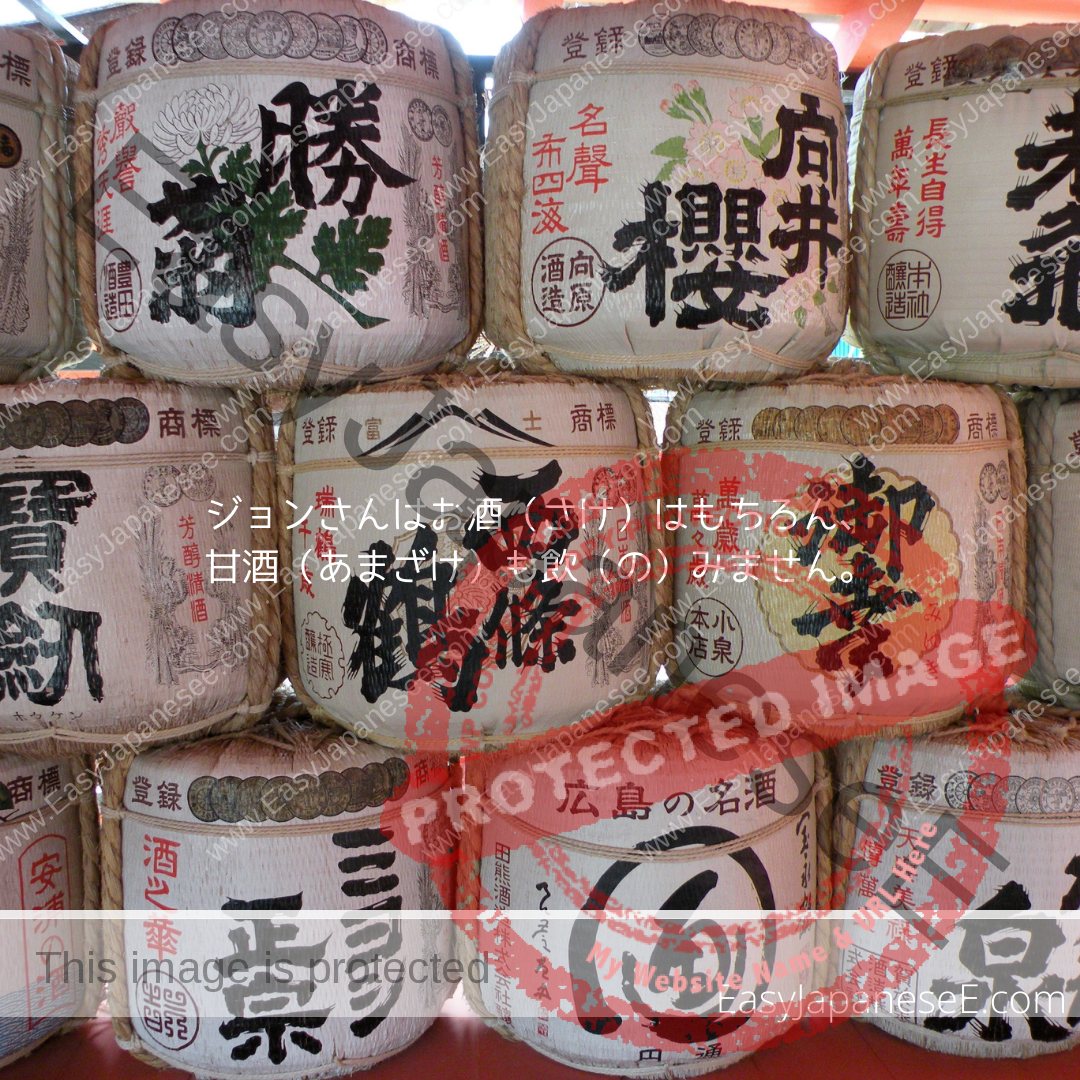
Today’s post is based on the adverb もちろん, which itself means “of course,” “needless to say,” “naturally,” etc.” It can be used in the form of “~はもちろんです”
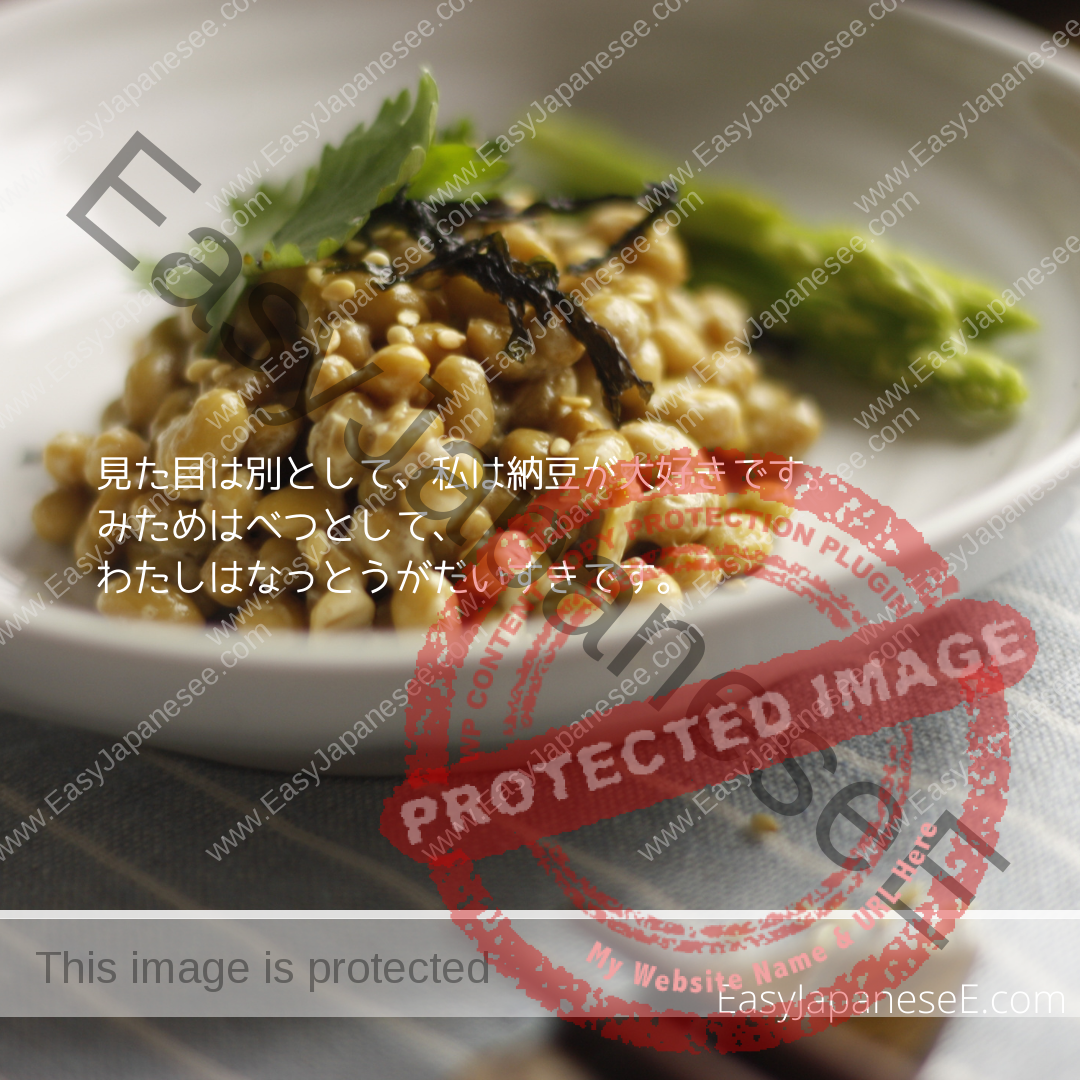
Today’s grammar point is ~はべつとして/~はべつにして, which is used to list exclusions, “apart from ~,” “aside from ~,” “save ~,” etc.
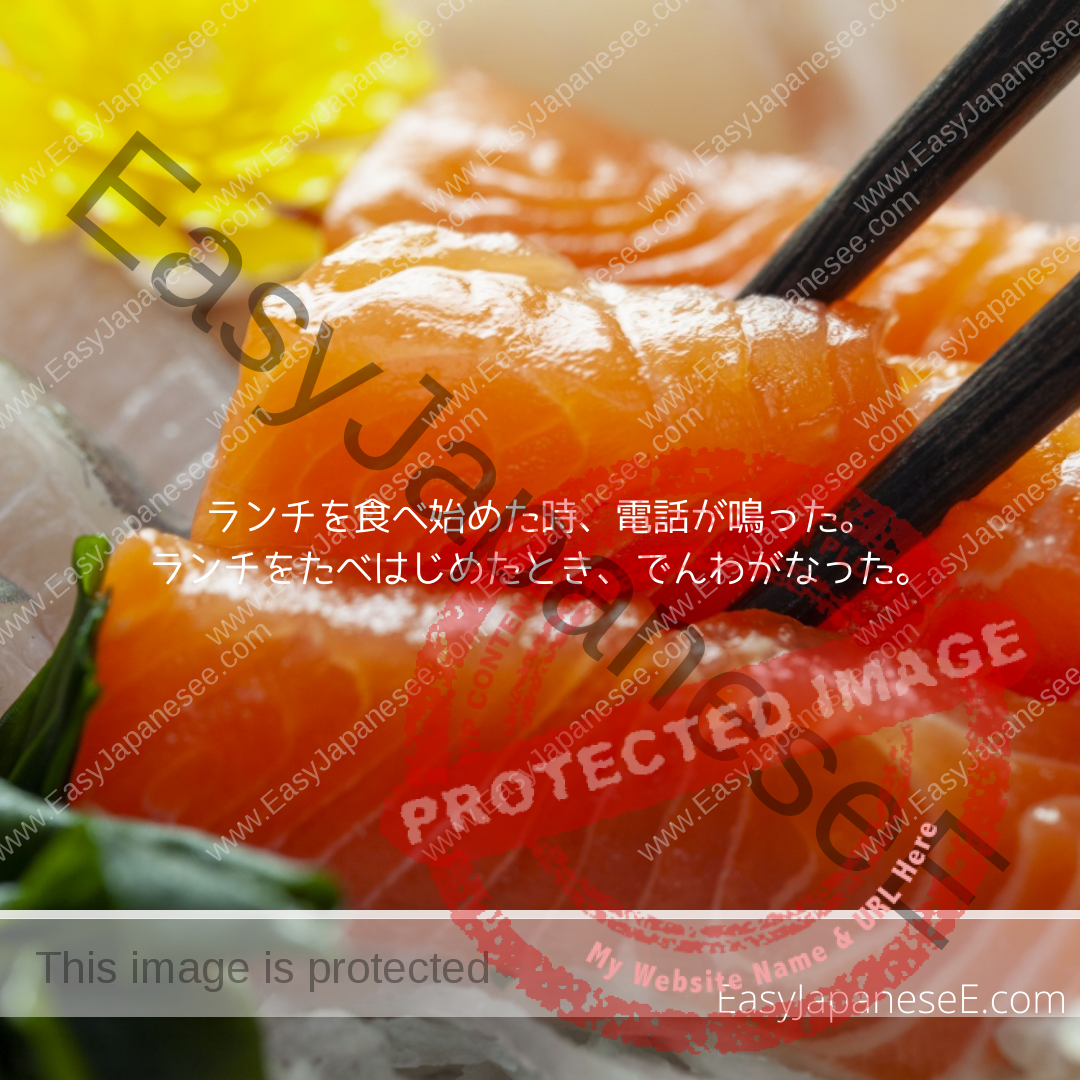
Today’s grammar point is ~はじめる, to start to ~, which is similar to ~だす. This post explains the differences between the two with examples.
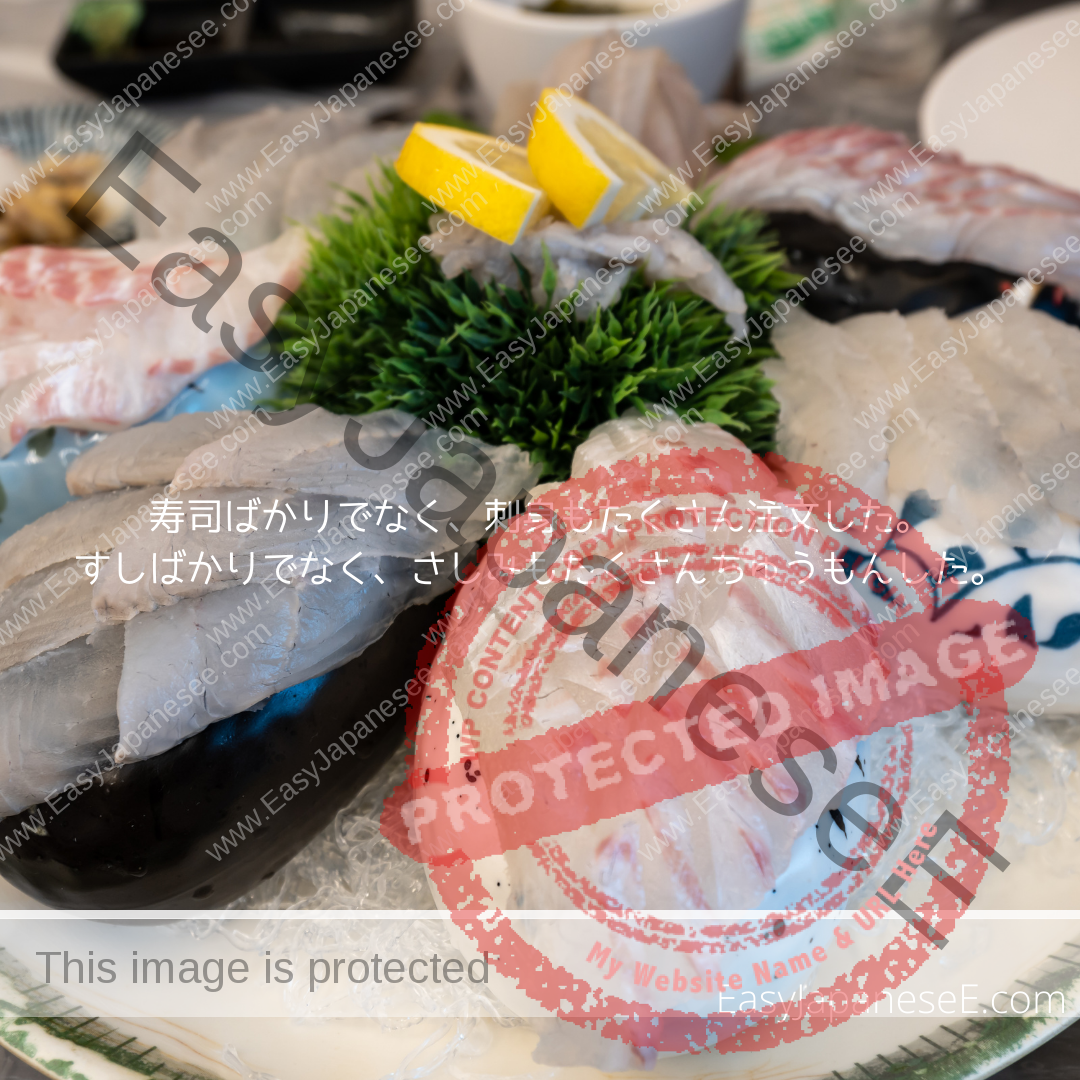
Today’s grammar point is ~ばかりでなく…も, which means “not only ~ but also ….” It is very similar to “~だけでなく…も.” This post explain the usage difference between them.

Today’s grammar point is ~ばいい/~なければいい, which is an expression to state the speaker’s wish “I hope … will ~” or “I hope … won’t ~.”

Today’s Grammar point is ~ば~ほど…/~ば~だけ…, “the more ~, the more ….” We use the same word twice, once in the ばform and the other in the dictionary form.

Today’s post is about the verb やむ, which means “for something that has been continuing to stop or subside” without any involvement of the speaker.

Today’s grammar point is the sentence ending particle もの/もん to describe a cause or reason. ~もの/~もん is usually used in a casual scene with a plain form ending.

Today’s grammar point is ~むき that describes suitability for ~. Depending on how it’s used, the words that follow ~むき vary.